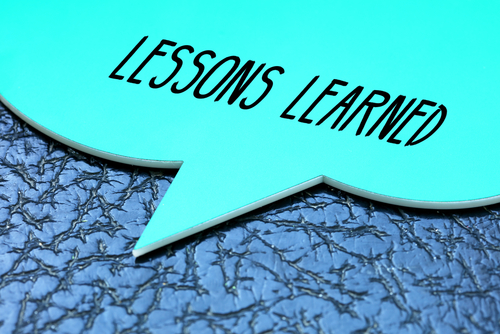The Bahamas Maritime Authority issued a Safety Alert to share lessons to be learned from an allision with a pier structure that occurred with a pilot onboard. Preliminary investigation findings reveal the allision occurred due to a substantial deviation from the planned passage at a critical time.
The incident
A Bahamas registered cruise ship was departing port in fair weather. The bridge team consisted of the three officers, a lookout, a quartermaster and a local pilot. After manoeuvring the vessel clear of the berth and passing control to the centre console, conduct was handed to the pilot. At this point, the vessel was approximately 50m starboard of its planned track with a speed of approximately 2 knots.
[smlsubform prepend=”GET THE SAFETY4SEA IN YOUR INBOX!” showname=false emailtxt=”” emailholder=”Enter your email address” showsubmit=true submittxt=”Submit” jsthanks=false thankyou=”Thank you for subscribing to our mailing list”]
As the vessel increased speed, but maintained its original heading, cross-track error increased. As the vessel entered a charted construction area, at a speed of 6 knots, the vessel was significantly off course and projected to allide with a newly constructed pier.
After a series of course orders from the pilot that did not address the vessel’s deviation from planned track, the master took control of the vessel. His actions were not sufficient to avoid an allision which resulted in significant damage to the hull above the waterline. No one was hurt and there was no pollution.
Findings and safety factors
- The allision occurred due to a substantial deviation from the planned passage at a critical time. The pilot while at the conn failed to take sufficient action to avoid an allision with the pier. As the vessel’s speed was increased, insufficient time existed for the bridge team to take effective action.
- The passage itself was straightforward and free of environmental influence. Available resources, both human and electronic, were not fully and effectively utilised, perhaps because of this.
- The planned passage started mid-channel, approximately half a ship’s length from the berthed position. This track was not obtained prior to the pilot taking the conn and therefore the passage was started with a cross-track error that was never corrected.
- The vessel’s draught and resultant ECDIS settings meant the vessel was navigating in waters shallower than the safety contour. No safe corridor was established or allowable cross-track error identified. This essentially negated any alarms and reduced the perceived available safe water: there were no effective warnings when the vessel was projected to enter the construction area or allide with the pier.
- Whilst the pilot had the conn, the pilot was engaged in conversation with the master which did not relate to pilotage or the vessel’s progress.
- The decision to increase speed before the vessel gained the planned track reduced the time available to correct errors.
- Once the risk of allision was identified, the bridge team correctly concluded that the pilot’s ordered course was not adequate and offered a solution. However, they did not challenge further when the suggested course was ignored.
- The master took control of the vessel 100m from the pier. At 6 knots, this was less than a minute before impact and insufficient time to effectively avoid allision.
Lessons learned
- The pilot is an essential part of the bridge team and must be both supported and challenged by the rest of the team.
- Establishing closed loop communication protocols may not be sufficient to detect deviation if no orders are communicated.
- Engaging the bridge team member who has the conduct of the vessel with general conversation at safety critical points of the passage is not advisable.
- Functionality of ECDIS is reduced when the passage does not include acceptable crosstrack limits or manually plotted safety corridors when the passage passes the safety contour.
- When considering ECDIS alarm management, the anti-grounding cone is not an effective monitoring device within port limits unless carefully set, due to the number of dangers in close proximity.
- It is critical that all dangers to navigation are assessed by all available means. This includes the need to take visual bearings, or if in close proximity a visual reference (transit) to ascertain any bearing movement. If a steady bearing exists, take avoiding action.






























































